Do you understand German and want to dig a bit deeper into Croatia’s corruption in football? This new German TV documentary is a good start.
German TV WDR released a documentary about the rise and fall of Zdravko Mamić, the most powerful man in Croatian football who has been sentenced for the withdrawal of millions of kuna from Zagreb football club Dinamo. The program was released as part of WDR’s “Sports Inside” series, reports Index.hr on December 12, 2017.
“How the money-laundering lawsuit against the former top football official Zdravko Mamić provides insights into a criminal network in the country of the World Cup participant Croatia,” reads the description of the German documentary - and the film digs into just that.
The producer and director of the German television documentary is journalist Benjamin Best. The ultimate subject of the film is the influence of Zdravko Mamić on Croatian football, the investigation against him, the trial in Osijek, and the role of Croatian footballer Luka Modrić and Dejan Lovren in the indictments - with a particular emphasis on Mamić’s reluctance with high politics and friendship with judges and Croatian President Kolinda Grabar-Kitarović.
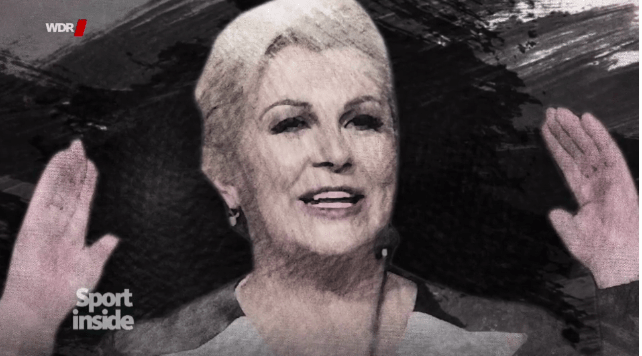
The director of Index Sports, Dea Redzić, also participated in the documentary as a research journalist.
Apart from the Osijek courtroom where Modrić explained that he and Mamić shared money earned, the documentary also filmed in Zagreb. The authors of the film visited Maksimir stadium and spoke with Marko Sladoljev, the parliamentary MP of MOST and a fan of Dinamo, and Dario Šimić, the former Croatian representative who recently made a move to restore confidence in Croatian football in the fight against Zdravko Mamić.
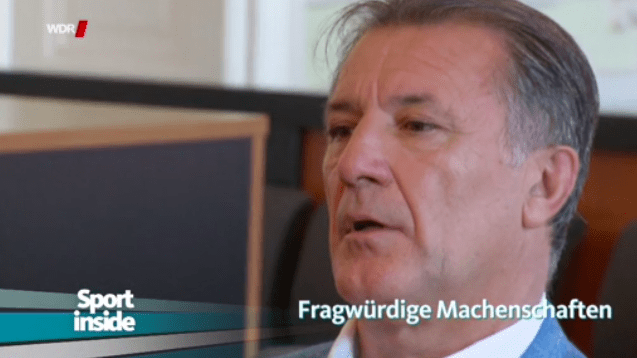
The film also includes Esther Omlin, chief prosecutor of the Swiss Canton of Obwalden, where he investigated the boss of Croatian football. Omlin said that it was a comprehensive investigation and that they studied an enormous number of transactions and forwarded the documents to Croatia - but they could not have done more than that. Omlin further explained that money from Croatia, and respectively Dinamo, was drawn through the Swiss company Rasport Management AG and then transferred to off-shore accounts worldwide which are suspected of belonging to the "Mamić Clan".
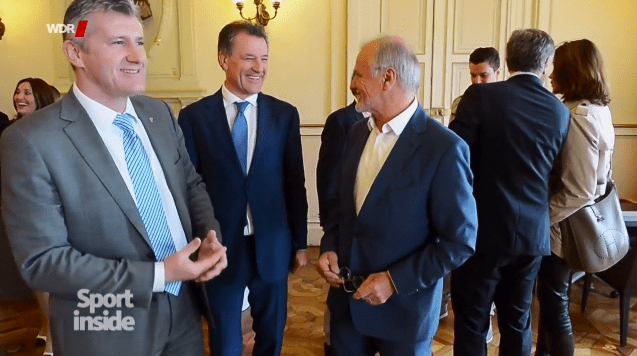
The German documentary also analyzes how Mamić, according to the USKOK indictment, withdrew money from Dinamo on the example of Luka Modrić’s transfer and contract. The documentary also reminds viewers of the transfers of Eduardo, Mandžukić and Alen Halilović, and how Football Leaks and Spiegel have even mentioned the suspicious affairs about Dinamo football players.
The film also visited the headquarters of the company in Switzerland, behind which stands Mario Mamić.
When asked the question of why the investigation against Mamić has lasted so long, Marko Sladoljev recalled that Mamić had the affection of politics, that he had an excellent relationship with Mayor Bandić, and that he financed the political party HDZ and was close to President Kolinda Grabar-Kitarović.
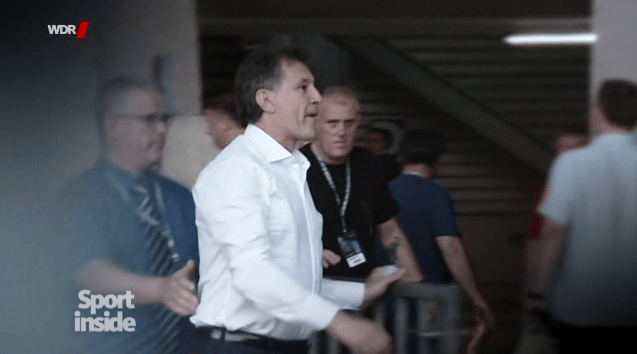
"The fans disagree with the club's management policy; they do not support the lack of transparency and the sale of players. We have launched the joint initiative ’Together for Dinamo' and collected more than 50,000 signatures to change the club's election and management model. One member, one vote. The fans want the administration to go, they want a fresh start. Judicial proceedings and prosecutions are ongoing. We have sought resignation from the leaders of Dinamo and HNS. We do not want to prejudge, but we believe there is a moral obligation just like when Platini resigned for corruption charges. There were similar situations in Germany as well. Mamić speaks of political persecution, which our politicians often say at corruption trials. Mamić’s case is specific, and I do not think it's political because the Swiss authorities are investigating it,” Sladoljev added.
Dario Šimić is one of the few former footballers who rose against the current leadership of HNS.
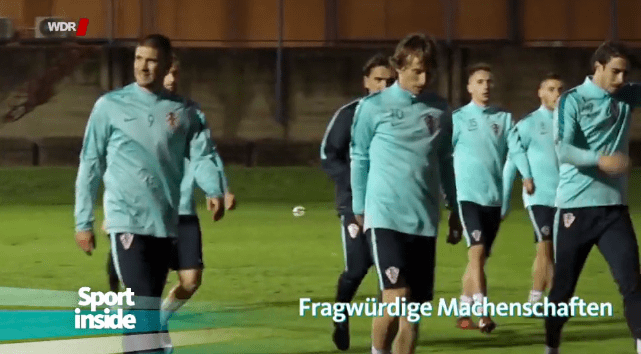
"Football should be about relaxation, and it is full of affections recently. It began with the arrests of court leaders Širic, Djedović and Šprajcera. Fans have lost confidence because football is associated with a series of court proceedings. We need changes. We need people with credibility. Fans need to go to matches to watch football, not to think about whether a penalty was deliberately borne or who set up the coach of the national team. Of course, football is a business, but above all it should be fun.”
Šimić mentioned his former teammates Pletikosa, Stanić, and Vlaović, with whom he hoped to overtake Šuker at the upcoming HNS election on December 22, 2017. Unfortunately, Mamić, Vrbanović and Šuker have already collected the signatures for the candidacy.
"It's not just a single name; it's a whole system of various interests. It's not all black. Clubs are the centers of football development, and according to the new electoral system, there are representatives of the assembly. We want the clubs to have the right to choose, to earn. I cannot live only from selling players; it can break down in two years. We do not have a good basis for such a system,” Šimić said.
"We are footballers, and we need time and experience for politics. Some players become coaches, directors, managers. We are thinking about duplicity and goals while others build careers through institutions and create a closed circle of interests that they do not give to anyone. But now is the time for a change,” Šimić concluded.


